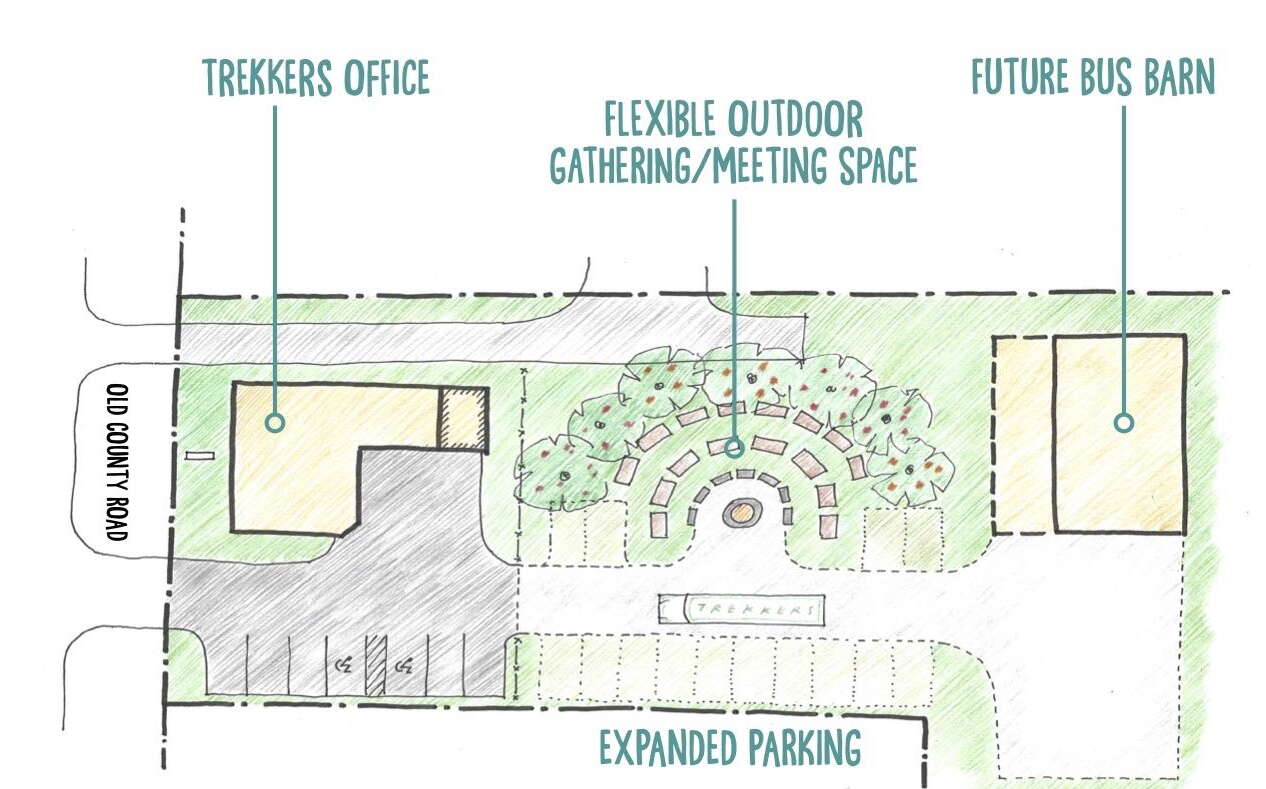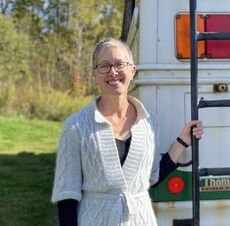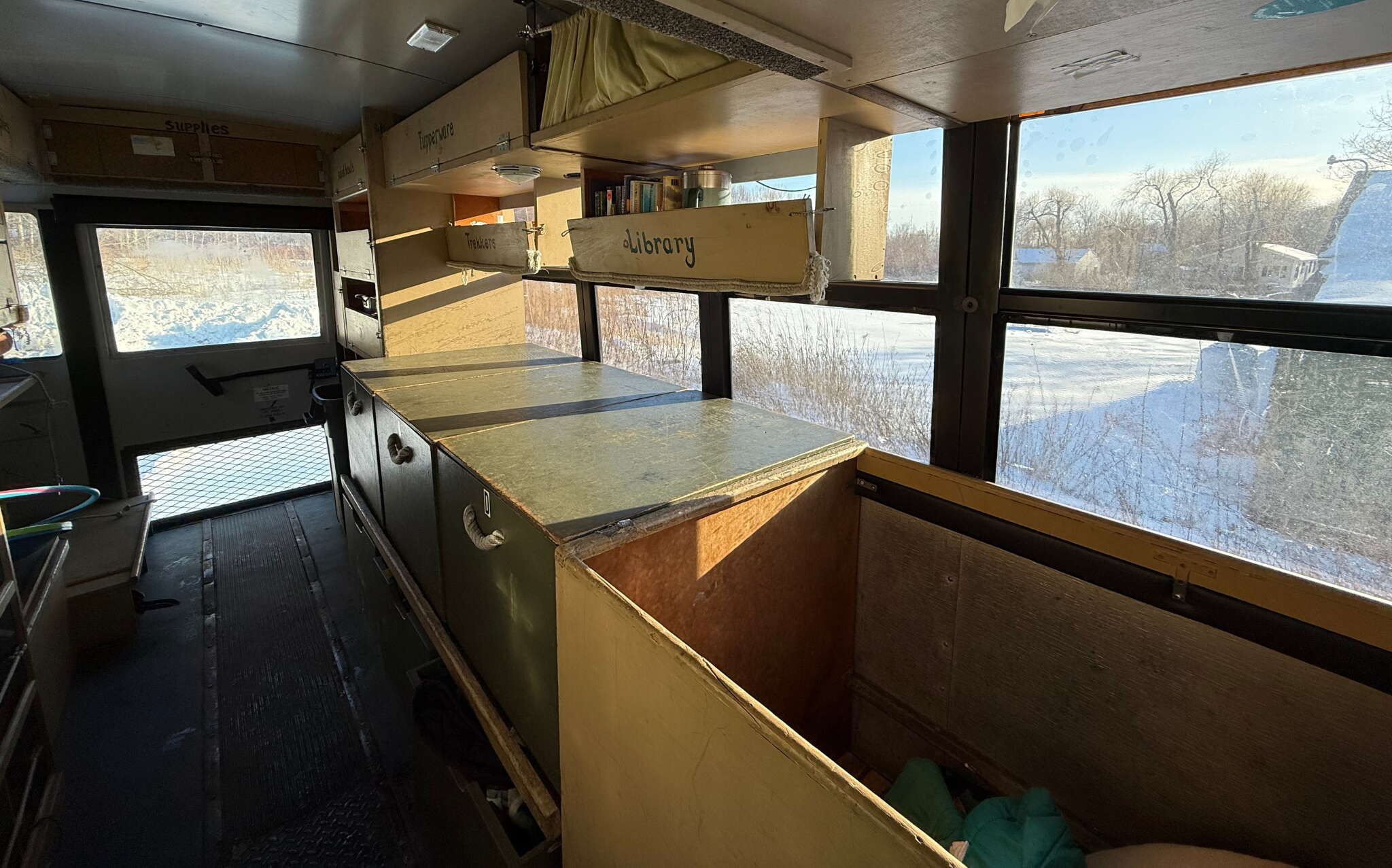
Processing Your Payment
Please do not leave this page until complete. This can take a few moments.
- News
-
Editions
-
- Lists
-
Viewpoints
-
Our Events
-
Event Info
- Women's Leadership Forum 2025
- On the Road with Mainebiz in Bethel
- Health Care Forum 2025
- On The Road with Mainebiz in Greenville
- On The Road with Mainebiz in Waterville
- Small Business Forum 2025
- Outstanding Women in Business Reception 2025
- On The Road with Mainebiz in Bath
- 60 Ideas in 60 Minutes Portland 2025
- 40 Under 40 Awards Reception 2025
- On The Road with Mainebiz in Lewiston / Auburn
- 60 Ideas in 60 Minutes Bangor 2025
Award Honorees
- 2025 Business Leaders of the Year
- 2024 Women to Watch Honorees
- 2024 Business Leaders of the Year
- 2023 NextUp: 40 Under 40 Honorees
- 2023 Women to Watch Honorees
- 2023 Business Leaders of the Year
- 2022 NextUp: 40 Under 40 Honorees
- 2022 Women to Watch Honorees
- 2022 Business Leaders of the Year
-
-
Calendar
-
Biz Marketplace
- News
- Editions
- Lists
- Viewpoints
-
Our Events
Event Info
- View all Events
- Women's Leadership Forum 2025
- On the Road with Mainebiz in Bethel
- Health Care Forum 2025
- On The Road with Mainebiz in Greenville
- On The Road with Mainebiz in Waterville
- + More
Award Honorees
- 2025 Business Leaders of the Year
- 2024 Women to Watch Honorees
- 2024 Business Leaders of the Year
- 2023 NextUp: 40 Under 40 Honorees
- 2023 Women to Watch Honorees
- 2023 Business Leaders of the Year
- + More
- 2022 NextUp: 40 Under 40 Honorees
- 2022 Women to Watch Honorees
- 2022 Business Leaders of the Year
- Nomination Forms
- Calendar
- Biz Marketplace
Youth mentoring program Trekkers raises $2.5M for Rockland campus redevelopment
 Photo / Courtesy Trekkers
The ninth-grade cohort recently traveled to through Northeast cities, including Bethel, Conn., last year.
Photo / Courtesy Trekkers
The ninth-grade cohort recently traveled to through Northeast cities, including Bethel, Conn., last year.
Trekkers, a nonprofit, outdoor-based youth mentoring program, completed a three-year capital campaign to raise $2.5 million for upgrades to its Rockland campus, training and programs.
Campus plans include infrastructure and technology upgrades, new construction to house buses that make expeditions possible, and expanded training for other youth development practitioners and organizations.

With 12 employees, the Trekkers annual operating budget is $700,000 to $800,000.
Mainebiz asked Executive Director Stephanie Welch about Trekkers’ background and plans. Here’s an edited transcript.
Mainebiz: How did Trekkers start?
Stephanie Welch: Trekkers started in 1994 as Thomaston Trekkers, a youth development group identified by community leaders who saw a need for long-term relationships for youth to be successful.
MB: How does Trekkers carry out its mission?
SW: We’re focused on long-term mentoring, engaging students beginning in seventh grade. Students form cohorts by grade and we follow them through high school graduation. Staff and volunteer mentors work with students, meeting them where they are and helping them coalesce as cohorts to develop a sense of community. Part of that is the long-term relationship and helping students engage in experiences that expose to them to the natural environment, culture, education, service learning — they get a full spectrum.

Students and their mentors go on expeditions all together on buses equipped to facilitate these collective experiences through consensus decision-making. It’s immersive and holistic.
MB: How are students selected for Trekkers?
SW: They self-select. In seventh grade we do outreach to each community we serve.
MB: How many people do you serve?
SW: The first cohort in 1994 was 11 students. We now serve six cohorts of 20 students each. We’ve found that one cohort per grade with 20 students allows us to provide effective programing and we’re able to retain those students throughout the entire six years.
MB: Where is the campus?
SW: In 2020, we purchased a three-acre property at 325 Old County Road in Rockland. The market was right, the interest rate was right and it made sense financially for the organization to purchase the property. Before 2020 we were renting at various locations in Rockland.

MB: Tell us about the campus redevelopment plans.
SW: First and foremost, we have our buses, which are integral to our youth programming. In this Maine weather, they take a beating. We’re going to build a bus barn to protect the buses. That will be a flexible space that will include a climbing wall and gear storage. We have quite a bit of expedition gear.
In the building we’re currently operating from, we’ll build out offices and a space to host training events and youth programming. Expeditions require multiple engagement sessions with volunteers and planning meetings with students throughout the year. We’ll purchase a new bus, make investments in our training institute and establish a small board-designated fund for future sustainability. We’re looking at making sure we have attractive grounds with nice landscaping.
MB: What’s the cost estimate and timeframe?
SW: About $2.5 million. The bulk of that is focused on new construction and redevelopment of our existing building.

We reached our capital campaign goal in December. We’re in the process of finalizing our plan with USDA Rural Development. Then we’ll put together a bid package and see what the construction market looks like. We hope to break ground by next fall.
MB: Tell us about Trekkers’ significance.
SW: Because Trekkers has been around for 30 years, we have multiple generations of families who have been Trekkers. I can’t tell you the number of times that I’m in the community and I run into people who tell me — “Trekkers changed my life.” “Trekkers changed my grandson’s life.” It’s those long-term mentoring relationships, the team-building relationships with other students and the multifaceted experiences — the outdoor experience, the cultural experience, the environmental learning, the service learning — that students are getting.
About Trekkers
Established in 1994, the nonprofit Trekkers serves the midcoast towns of Rockland, Thomaston, South Thomaston, Owls Head, Cushing and St. George. Its mission is to help young people cultivate inherent strengths through long-term mentoring relationships and expeditions. Students form cohorts by grade, supported by program managers and volunteers, that last six years from seventh grade through graduation.
Expeditions include paddling and hiking, explorations of cities and landscapes and visits to colleges and trade schools. Twelfth-graders embark on wilderness adventures, including 36-hour solos. Students are involved in selecting, planning and preparing the trips.
About the capital campaign
The Trekkers capital campaign was led by a cabinet, board of directors, branding by creative agency Naretiv and Trekkers staff. Contributions included a three-year, $600,000 matching challenge from the MOSI Foundation, directed by Evelyn and Gerry Isom; and $921,250 in federal funding through USDA Rural Development, facilitated by U.S. Sen. Angus King, I-Maine, and U.S. Rep. Chellie Pingree, D-1st District, through fiscal year 2024 appropriations legislation.












0 Comments